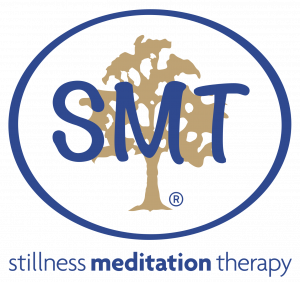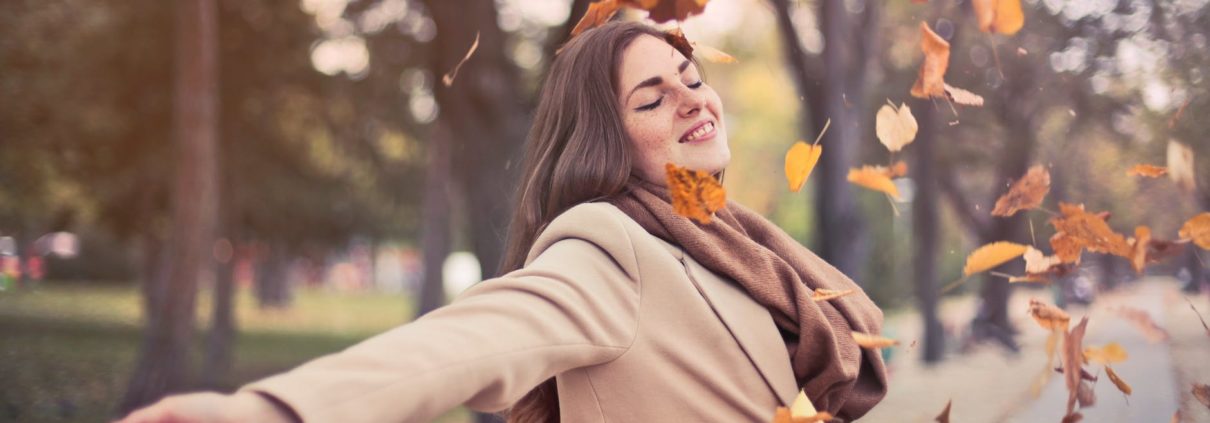Reframing the myths around anxiety
I was recently invited to comment on my personal experience of anxiety and the opportunity to bust some of the common myths surrounding this emotional reaction.
Not surprisingly, the most common myth of all – and one that deeply affects the individual – is that anxiety is a reaction that is rare, shameful and of course, embarrassing. When I experienced 8 years of debilitating anxiety many years ago, I was convinced that this ‘illness’ was terrifyingly rare, shameful because of my feelings of helplessness and so embarrassing that I couldn’t share this burden with anyone but those closest to me. As well as that, chronic anxiety is alarmingly ‘scary’ as the fatigued brain lurches from panic to depression and many shades of confusion in between.
Having been the first person in the world to write a book (In Stillness Conquer Fear) on my experience and with well over 30 years’ experience in assisting many similar sufferers, at the Stillness Meditation Therapy Centre, the connection I have with others travelling this emotional path is quite profound. My book remains a leading source of comfort and change since not only did I record my experience of anxiety, I have included very personal understanding of such suffering, advice on dealing with its impact and most of all, a powerfully effective way of overcoming this life limiting reaction.
As a therapist, drawing on one’s own life experience helps greatly in working with others as together we walk a path of companionship leading away from the fear-driven feelings and the apparently never-ending cycle of being lost, afraid, stuck in a quagmire of emotional pain.
Of course, today, society is getting better at talking about anxiety. Nevertheless, individual pain is just that … part of the individual journey … and hurtful or damaging myths can get in the way of change.
So here are some thoughts that may help dispel some of those myths:
1. Anxiety is rare
Anxiety is not rare; in fact, anxiety is common to all in varying degrees of experience. Acute anxiety affects one in three people during some stage of their life. It also affects both men and women. However, statistics show that women tend to present more often with anxiety than men. As I’ve noted in my book, women are likely more ready to seek help while men more likely attempt to tough it out in other ways.
2. Anxiety is just another form of stress
Anxiety and stress are two completely different things. Stress nearly always occurs due to a specific external situation. When the situation passes, so does the feeling of stress. Anxiety on the other hand cannot be solely attributed to an external situation. It is usually associated with stress – but is an emotion that reaches a point where one feels out of control and consumed by fear.
3. People with anxiety should avoid things that make them anxious
This is not the case. Avoidance unfortunately reinforces anxiety and can result long term in the full agoraphobic reaction with an ever-worsening anxiety as one’s constant companion. People who become anxious are usually temperamentally strong, sensitive and highly functional and they can, albeit with some difficulty, still achieve the things they need or want to achieve.
4. Medication is the best treatment for anxiety
This is an unfortunate assumption. While medication can be useful to help cope with anxiety symptoms, studies show that certain relaxing meditation practices, psychotherapy and for some, cognitive behavioural therapy have the advantage of assisting people to gain insight, personal understanding and self-empowerment; all of which bring far better results than medication. And there are dangers with medication: trial and error frequently occur with disastrous long-term results and for many, once commenced such medication may become a lifelong sentence that cannot be undone.
5. Panic attacks are just drama tantrums
Panic attacks are spontaneous, very real and cannot be deliberately constructed. To experience a full panic attack is alarming and occurs due to physiological and hormonal responses within the body as it aims to protect itself from a perceived highly threatening situation. Symptoms include dizziness, shortness of breath, chest pain, feelings of mental confusion, unreality and overwhelming fear. Many people who experience panic feel they are having a heart attack and find themselves rushed to emergency.
6. Panic attacks make you pass out or lose control
Passing out or fainting usually happens when a sudden drop in blood pressure occurs This does not necessarily happen during a panic attack. In fact, a panic attack usually activates an increase in heart rate and blood pressure. When panic occurs the sufferer rarely loses control but instead experiences an overwhelming fear of losing control which of course, sustains the panic reaction.
7. Deep breaths will make anxiety go away
Anxiety causes physical responses such as dizziness, loss of balance, nausea, increased heart rate and chest pain. Some people sweat profusely and even feel close to choking. In emergency, often people are recommended to breathe deeply into a brown paper bag to regulate breathing dysfunction. However, while such a recommendation might bring some temporary comfort, this action, of itself, is not a cure for chronic anxiety.
8. Anxiety is always related to sexual problems
This is another myth. Anxiety is largely about personal temperament, life conditioning and one’s perception of what’s happening within their life. As such, these elements of living can cross many thresholds and for some, sexual issues may be one of those thresholds. As with any emotional reaction, life experience is filled with many, many potentially anxiety producing incidents or challenges and rarely limited to one major cause.
9. Some people are more prone to anxiety
Anxiety can strike anyone at any time for no reason whatsoever. There is evidence however to suggest that heightened anxiety is hereditary and can be passed down through the genes. As mentioned earlier, temperament, conditioning and perception of life can all contribute to the individual’s response to life. But as with all living things, these influences are not set in concrete. People can learn, grow and change!
10. So you can just grow out of anxiety?
Sorry, not that kind of growth! Acute anxiety is a persistent emotional experience and is not something you ‘just grow out of’. In my experience the only way to effectively deal with anxiety – and truly grow – is through deep physical and mental relaxation – with the emphasis here on mental relaxation. When the mind is effectively rested, over time, equilibrium can be restored within the autonomic nervous system with the result that anxiety lessens, recurring symptoms decrease in intensity and personal confidence and self-knowledge gradually unfolds.
Real growth and personal change are what we like to see with our clients at this Centre. Anxiety is treatable – naturally – once we learn the way. People can live successful and fulfilled lives – even more enriched from having learned and grown because of anxiety.
The key is to acknowledge anxiety – without shame or embarrassment – and search for the right help to ensure recovery. At this Centre we offer experience, expertise and exceptional results with the aim of making a difference!
Pauline McKinnon (c)
Melbourne, May 2019









